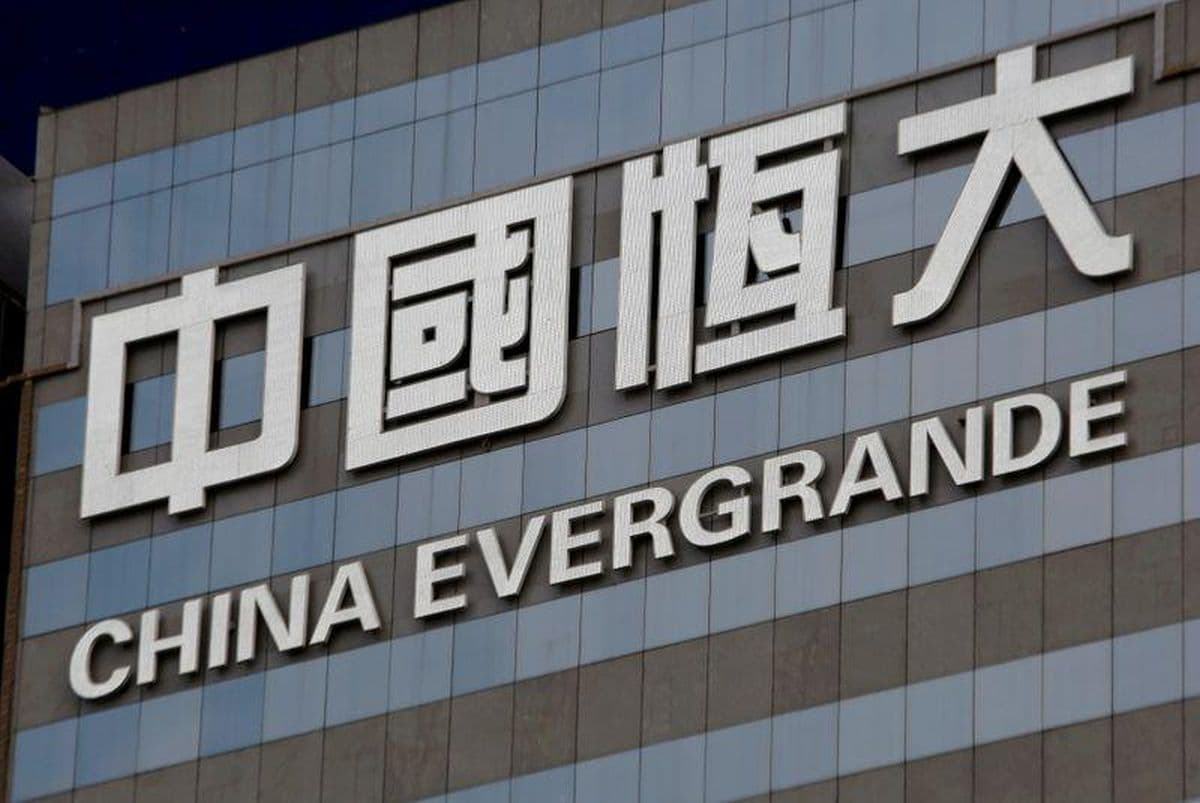
KUALA LUMPUR (Sept 29): Malaysian banks are not directly exposed to embattled property developer China Evergrande Group as they are more concentrated in the Southeast Asian region, says S&P Global Ratings.
Its associate director (financial institutions ratings) for South and Southeast Asia Nancy Duan said the credit rating agency does not expect any material exposure from Malaysian banks to Evergrande.
Malaysian banks are known to be quite prudent in their underwriting standards, she said during the question and answer session at S&P’s webinar entitled “Rising Downside Risks for Malaysian Banks” on Wednesday.
“Even for the capital market investments, we do not expect them to hold material portions of the high-yield Chinese property developer’s debt there.
“Having said that, there could be a second order impact in the scenario of Evergrande’s default as that will likely impact the regional capital market for a short while and as a result there could be some negative spillover to either type of securities that Malaysian banks hold,” added Duan.
Meanwhile, S&P’s director of sovereign and international public finance ratings YeeFarn Phua said the agency is closely monitoring the fiscal deficit impact of the 12th Malaysia Plan (12MP), which saw the country’s biggest developing spending allocation of RM400 billion.
“There's a lot of uncertainties here as it is still early days,” said Phua. “We don't see an impact from the 12MP on Malaysia’s ratings for now given that the spending is spread across four to five years.
“[However], there could be some impact on fiscal indicators here and there. For some of these plans, money could already be set aside as Malaysia has fund accounting. Actual translation to fiscal indicators is a bit hard to say,” he said.
Phua noted that there is a big possibility for the fiscal deficit lingering up to 2025 under the 12MP, given that the RM400 billion allocation translates to roughly 26% of the country’s gross domestic product (GDP) over the next four years. By extrapolating the numbers, he said S&P is looking at an additional 5% to 6% of GDP every year in terms of spending for development capital expenditure.
“However, there are a few factors to consider, such as the possibility of under execution, as for a plan that large and to spread over the country, there’s a possibility that it could be under execution. Past Malaysian plans have seen similar under execution as well,” he said.
Notwithstanding that, Phua said that if the government is able to fulfill 80% of the plan, that would be considered as “very successful”.
“Who’s going to be the next in charge will also play a big factor in whether this whole plan can be executed.
“[The] third factor is that a lot of these allocations actually go into the normal budget. So there could be some reallocation of resources from operating expenses into capital expenses or a reallocation of projects to make sure that they fit into the targets that the 12MP is trying to achieve,” he added.
On the upcoming Budget 2022, Phua said that the agency does not advise on policy outcomes in general but instead it will look out for outlook triggers such as whether debt and fiscal balance can come down. He also opined that having a large tax revenue base would certainly bring the fiscal setting to a more sustainable outcome going forward.
Recalling Malaysia’s introduction of the goods and services tax (GST) during the administration of former premier Datuk Seri Najib Razak a few years ago, Phua said that was a big landmark achievement in fiscal consolidation.
“If the GST can come back, it will obviously be a big help to the government's fiscal balancing story. For now the truth is that in this current political setting, for the government to try to do this it will be difficult as to do it now could mean more economic hardships for the people.
“[Hence], it is more of a balancing story, whether you want to introduce GST or at the same time leave more money in the pockets of consumers for them to spend,” he added.